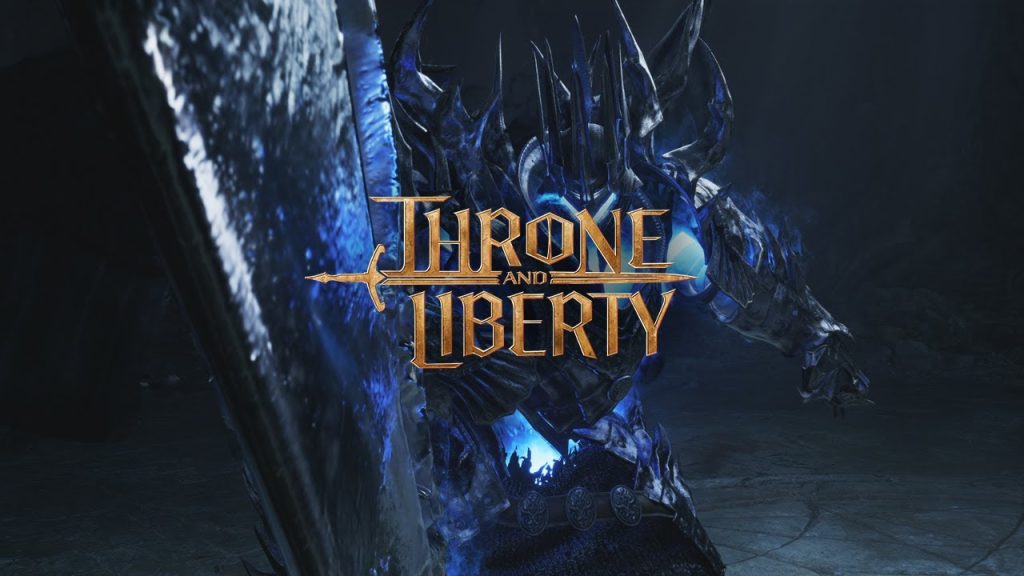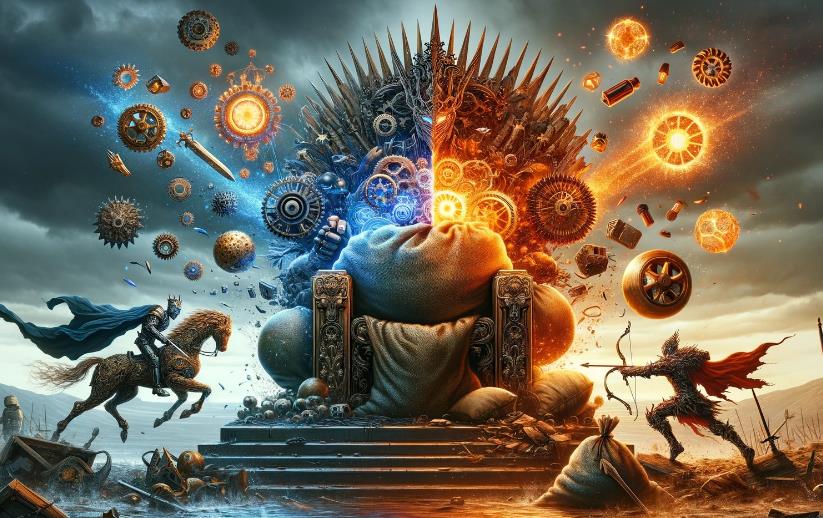“Throne & Liberty,” initially received with optimism during its Korean launch, has encountered a tumultuous journey. The game, developed by NCsoft and released amidst high expectations, initially won over players with significant improvements from its beta phase to full release. Notably, the developers addressed many gameplay and system complaints, leading to an enhanced, more dynamic combat system aligned with contemporary MMORPGs. Moreover, the removal of unpopular autoplay features and a rebalanced progression system, which saw reduced farming times, were well-received changes that appeared to set the game up for success.

The game boasts a vast, seamless open world populated by thousands on a single server without phasing, enriched with engaging content including public events, large-scale dungeons, and diverse PvP modes. These elements, combined with extensive guild activities and robust character progression, contributed to the strong initial impressions from early reviewers.
However, the positive tide turned when NCsoft disclosed its financial performance for the fourth quarter of 2023, revealing a worrying 31% drop in revenue compared to the previous year, with “Throne & Liberty” conspicuously absent from earnings discussions. This omission during an earnings call, especially after such a significant launch, signaled troubling underperformance.
The community’s anticipation has turned into apprehension as the developer admitted to the game’s rough start and pinned hopes on an upcoming global release by Amazon for redemption. This shift in focus to the global market underlines the challenges faced domestically and raises questions about the game’s long-term viability and its ability to recapture the initial enthusiasm.
Additionally, the game’s current landscape is marred by pervasive issues with bots, which undermine fair play and competitive integrity. These bots give some players undue advantage in farming resources and climbing the competitive ranks, thereby impacting the overall experience for others. Despite these challenges, “Throne & Liberty” maintains a certain level of popularity in Korean PC cafes, indicating a not completely diminished player base.
The monetization strategy of the game has also been a point of contention. While the game allows for significant in-game purchases, which could speed up progression, it stops short of allowing players to buy their way to the highest levels of power, preserving some gameplay integrity. Yet, this system is double-edged, as it introduces a ‘pay-to-advance-faster’ element that can frustrate the player community.
As “Throne & Liberty” approaches its global release, all eyes are on Amazon and NCsoft to see if they can address these systemic issues. The potential success of the game hinges not only on its engaging content and innovative features but also on its ability to offer a fair and enjoyable experience to all players, free of the overbearing shadow of pay-to-win dynamics and bot exploitation.
In conclusion, “Throne & Liberty” stands at a crossroads. Its innovative features and expansive world offer a promising foundation, but its future success will depend on how well it can mitigate its launch issues and adapt to a global audience hungry for a fair and engaging MMORPG experience.

